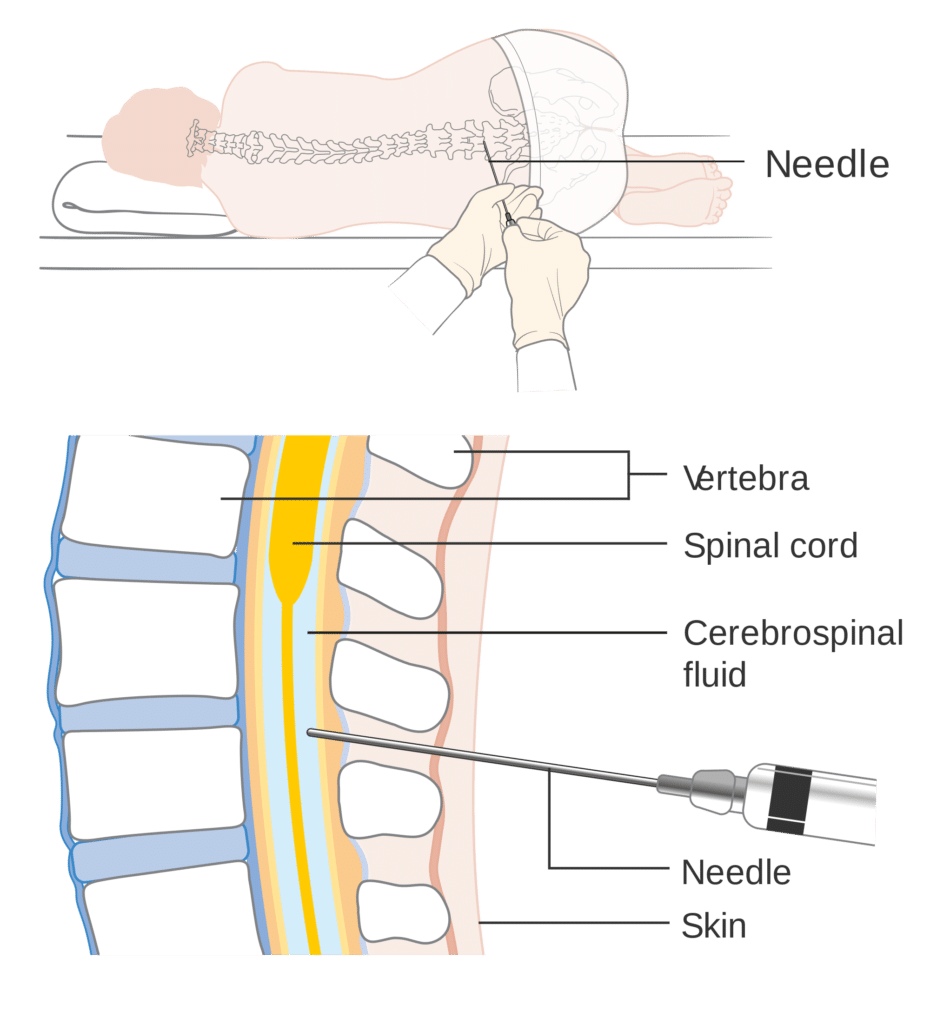By Sharnita Midgett
The goal of detecting Alzheimer’s disease earlier and more accurately in patients with cognitive symptoms has led to the development of new diagnostic tools. One tool is the use of spinal taps, which provide physicians with samples of cerebrospinal fluid (CSF) that are analyzed for levels of proteins associated with Alzheimer’s disease.
In a recent U.S. News & World Report article, PMC Co-Director Jason Karlawish, MD, discussed how Alzheimer’s disease is being redefined as a biological disease, with three biomarkers: amyloid plaques, tau tangles and deterioration of the nervous system.
“It holds promise for a more accurate diagnosis for the subset of people who have those biomarkers,” he told U.S. News & World Report. “It holds great promise for the development of treatments that can target those biomarkers.”
Researchers can use spinal taps to detect these biomarkers. A multidisciplinary group of experts developed a set of criteria in the November 2018 issue of Alzheimer’s & Dementia to ensure proper use of spinal taps among patients who might have Alzheimer’s disease. The goal is for potential healthcare providers to use spinal taps for detection of the disease.
Dr. Karlawish said that the role of a test like a spinal tap for people with cognitive symptoms is to understand: “What’s the cause of my problem? What should I therefore expect in the future?”
Early detection allows for people to understand why they are experiencing symptoms and gives them time to plan ahead. However, people can react differently to their diagnosis.
“Some people are very information-seeking. Knowledge is power: It settles anxiety,” said Dr. Karlawish. “Other people are just the opposite: That knowledge about something that’s quite stigmatizing, like Alzheimer’s, only escalates anxiety.”
To read the full U.S. News & World Report article, click here.
